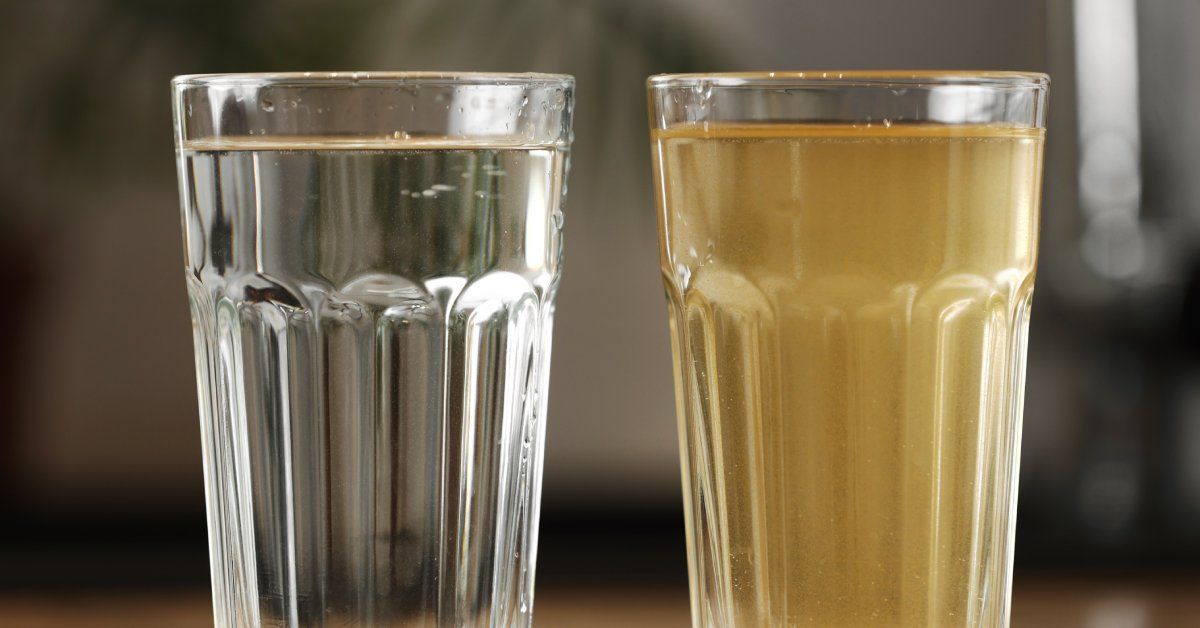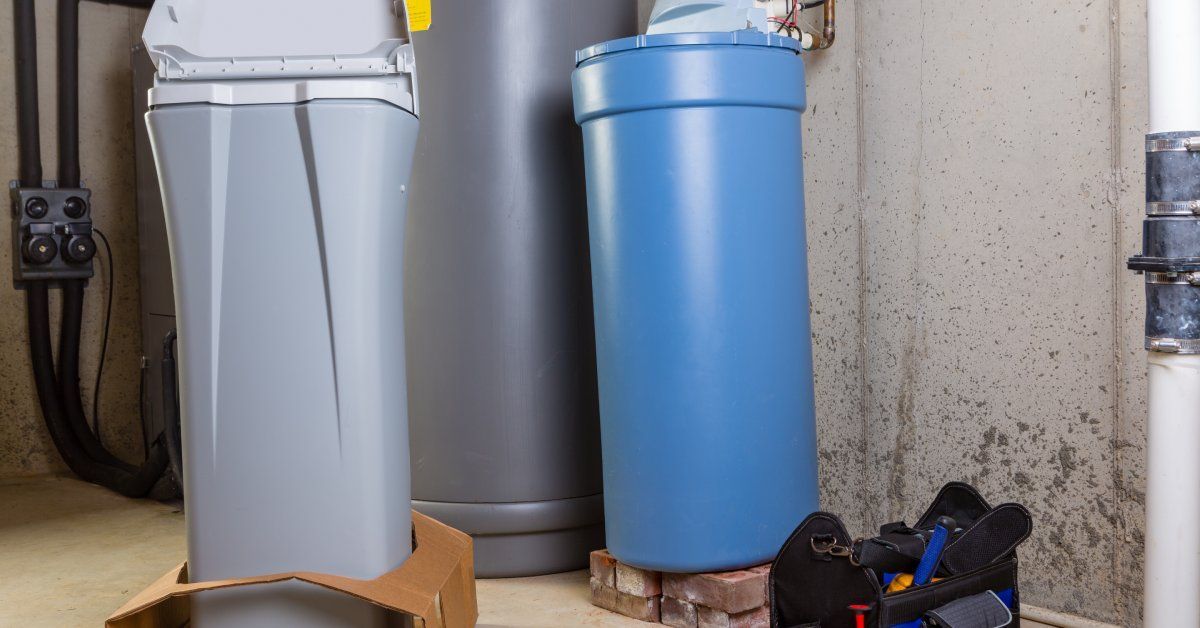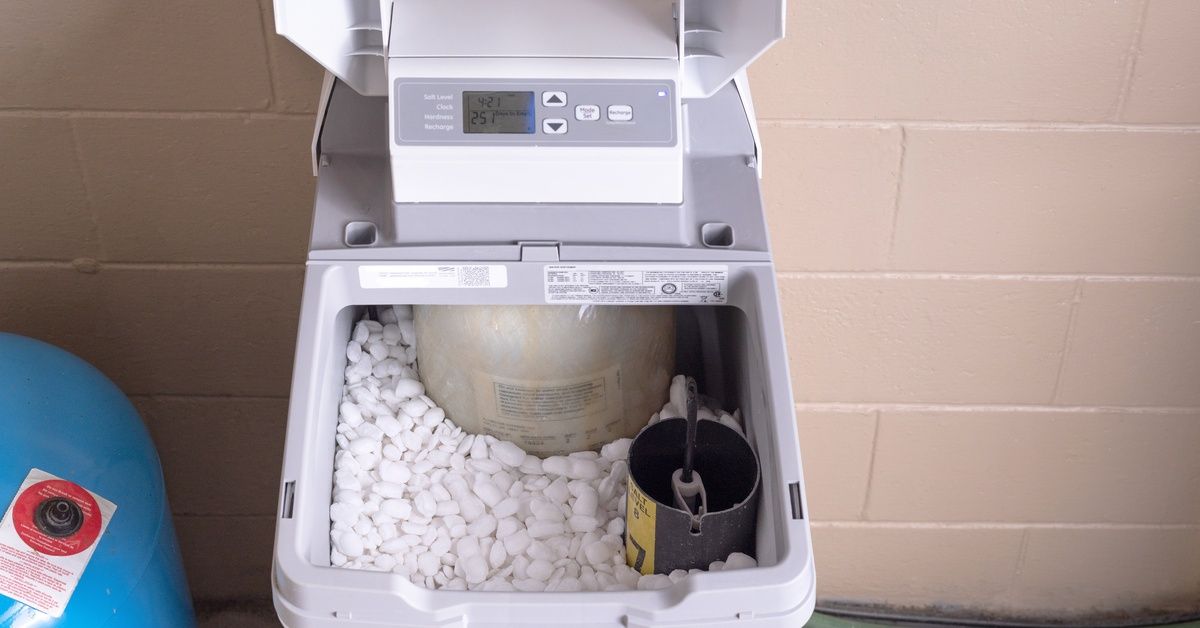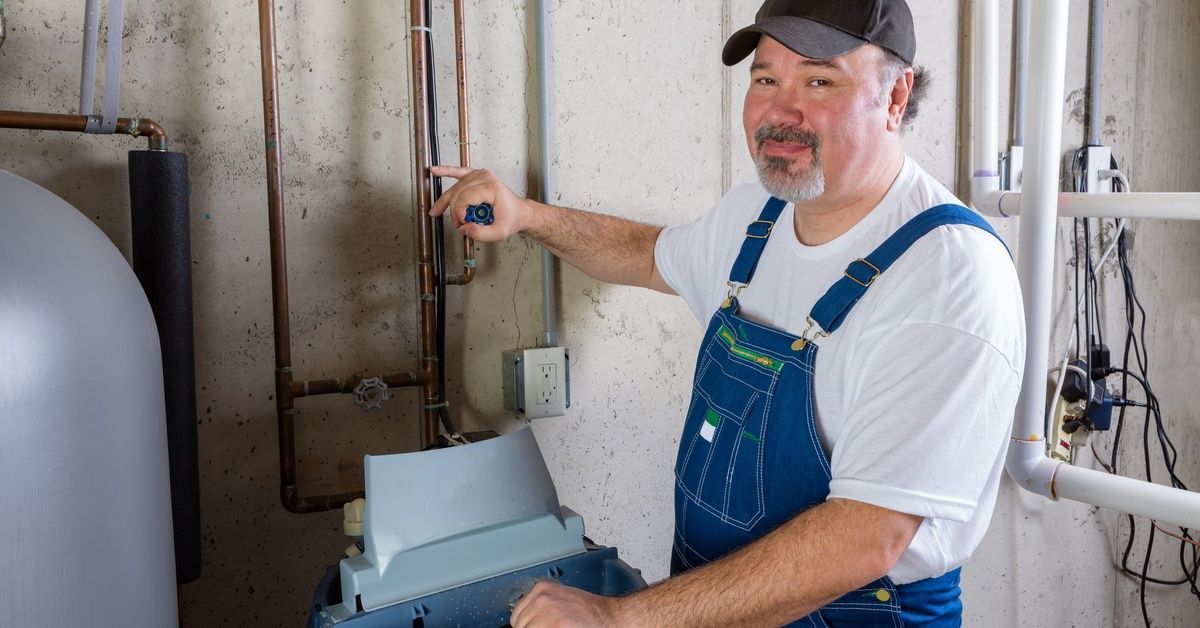How To Fix Rusty or Discolored Water in Your House
Dealing with rusty or discolored water at home can be both troubling and inconvenient. Having clean, clear water is essential for daily life, from preparing meals to staying hydrated, to simply enjoying a relaxing shower. When the water coming out of your taps suddenly turns brown, orange, or yellow, it can raise questions and concerns. While the issue can sometimes be harmless and temporary, at other times it may indicate a more serious underlying problem.
Knowing how to identify the cause and resolve the issue promptly can save you time, money, and a great deal of frustration. Read on to learn how to fix rusty or discolored water in your house and maintain your peace of mind about your property.
The Causes of Rusty or Discolored Water

Rusty or discolored water can occur for several reasons, ranging from harmless sediment buildup to more significant issues like pipe corrosion or contamination. The first step to fixing the problem is understanding what’s causing it. Here are the most common culprits.
Corrosion in Pipes
If your home has older plumbing, corroded pipes could be the reason for rusty water. Over time, metal pipes, particularly those made from iron or galvanized steel, can break down and release small particles of rust into the water supply. This can cause the water to take on a discolored, reddish-brown tint. Corrosion is often more noticeable when you haven’t used your water for a while, such as after a long vacation. Consistently rusty water is a clear sign that the problem could stem from deteriorating pipes.
Sediment Buildup
Sediment buildup in your plumbing system or water heater is another common cause of discolored water. Over time, minerals, dirt, and other particles can accumulate at the bottom of your water heater or in your pipes. When water pressure changes, such as after a heavy usage period or if maintenance work occurs nearby, these particles can get stirred up, causing your water to appear cloudy or rust-colored temporarily.
Well Water Issues
If your home relies on well water, the cause of rusty or discolored water might stem from the source itself. High levels of iron or manganese in the groundwater can lead to visible discoloration. These naturally occurring minerals can also cause staining on fixtures, laundry, and dishes if left unresolved. Seasonal changes, such as heavy rainfall or periods of drought, can exacerbate this issue.
Municipal Water Main Breaks
Even if your home isn’t the source of the issue, municipal water line disruptions can lead to temporary discoloration. A water main break or routine maintenance by the city can disturb sediments in public water lines, sending a wave of discolored water to homes in the neighborhood. This type of issue is usually temporary but can still be frustrating, especially if it arises without notice.
Immediate Steps To Take
The first step to fixing rusty or discolored water in your house is to figure out the extent of the problem. Acting quickly and systematically can help clarify whether it’s a minor, temporary issue or something more significant that requires attention.
Run Cold Water
Start by running cold water from your taps for a few minutes. Often, this can help flush out any lingering sediment or rust that may have been stirred up in the pipes. Focus on one faucet, ideally the one closest to your water main. Avoid using hot water initially, as this could draw sediment into your water heater, potentially spreading the problem further. If after several minutes the water clears up, the issue may have been temporary. If not, continue investigating.
Check With Neighbors
If running the water doesn’t solve the issue, reach out to your neighbors to see if they’re experiencing the same problem. If multiple households are affected, the source of discolored water may stem from your community’s water system rather than your home’s plumbing. Knowing how widespread the issue is can help guide your next steps.
Contact Your Water Provider
If you suspect the problem is related to the municipal water supply or if your neighbors are also experiencing discolored water, contact your local water provider to report the issue. Providers can often provide real-time updates on water main repairs, maintenance schedules, or other disruptions that could be causing discoloration. If nothing is scheduled, they may need to send out technicians to investigate further.
When To Call a Professional
While some discoloration issues are minor and temporary, others require the expertise of a professional to resolve. If running the water doesn’t clear up the issue or it continues to return repeatedly, it’s time to seek professional help.
Persistent discoloration could indicate corrosion in your pipes, a failing water heater, or contamination in your water supply that needs immediate attention. A professional water treatment specialist can assess the situation, identify the root cause, and provide effective solutions.
How Water Softeners Help

If hard water containing excessive minerals like calcium and magnesium is contributing to sediment buildup or discoloration, a water softener could be the solution. Hard water doesn’t just hinder the quality of your water; it can also damage your plumbing system and reduce the lifespan of your appliances. Water softeners work by removing these minerals from the water, resulting in a cleaner supply that’s gentler on your plumbing and fixtures.
Investing in a water softener can also prevent future issues with rusty or discolored water. By reducing the accumulation of sediment and scale in your plumbing system, a water softener minimizes the chances of mineral buildup that leads to discoloration. It’s an investment not only in better-quality water but also in the longevity of your entire plumbing system.
Preventative Measures
Once you’ve resolved the issue of discolored water, taking preventative measures can help ensure it doesn’t happen again. Regular maintenance is key to keeping your water supply clean and your plumbing system in good condition.
Start by scheduling routine inspections for your water heater, pipes, and water treatment system. Flushing your water heater periodically can help remove accumulated sediment, while inspecting your pipes for signs of corrosion can prevent significant damage down the line.
Additionally, installing a whole-house water filter can add an extra layer of protection by trapping impurities before they reach your taps. These steps not only help maintain water quality but also save you from dealing with costly repairs or replacements in the future.
Enjoy Clean Water at Home
Clean, clear water is essential for your daily routines and overall peace of mind. Discolored water doesn’t just disrupt your day; it can point to larger issues that need to be addressed promptly.
Don’t wait to implement a hard water treatment system and enjoy clean, clear water from every faucet in your home. Contact Affordable Water today for a free estimate and see how our hard water solutions can improve your quality of living.








Share On: